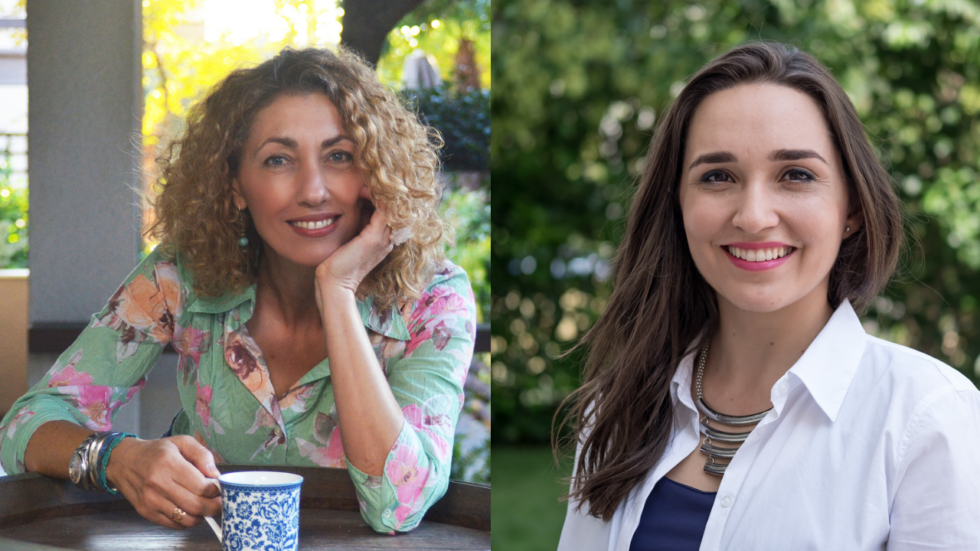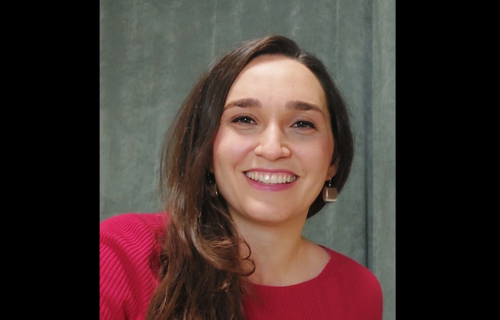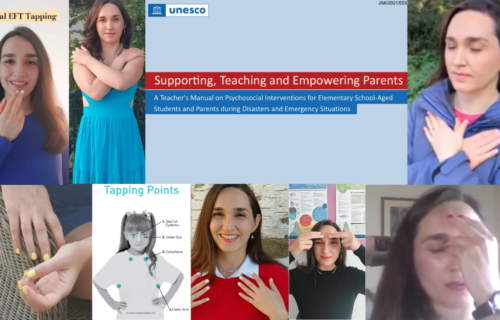
Family Values Exercise
WHAT’S THE ISSUE: Doing a family values exercise helps improve communication. Does your well-being depend on how much money, status, and education you have? Nadia Georgiou is a certified Life Coach who challenges this belief. She reminds us of how factors such as our core values and how much time we spend on social media can have a much greater impact on our well-being. In this interview you will learn about:
- the achiever word for ‘fear’.
- an exercise you can do with your family to co-create your family values.
- Nadia’s 3-step formula for coming out of indecision.
FAMILY VALUES EXERCISE AND WELL-BEING
ELENI VARDAKI: What’s well-being, and what’s the role that parents play?
NADIA GEORGIOU: Today, there’s a lot of stress that children have, and sometimes there are even more stressful than their parents.
When our children get stressed, we as parents are stressed as well.
When they see us stressed, they get more stressed, because we are their role model, because they mirror us.
This is like a circle that has no end.
Now, let me tell you one thing, what the word stress is all about, which I think is fascinating.
Stress is the achiever word for “fear”.
And that works really well with men, because men will not accept or will not admit that they are afraid! They will say: “I’m stressed”. Women, we’re more flexible on that.
There are two kinds of fears that we all have, and they are subconscious fears. The first one is our fear that we are not good enough. Not good enough, meaning:
“I’m not a good enough parent.”
“I’m not beautiful enough.”
“I’m not successful”.
Or whatever.
Our second fear is based on the result of the first fear, and that’s:
“What if I’m not loved? If I’m not good enough, then I won’t be loved.”
So we have these subconscious fears that sort of hinder our progress and our well-being.
Coming to well-being: What is well-being?
Because we are all interested in living in a nice, healthy environment. Well-being at home, or at work, or at school.
How do we define it?
FAMILY VALUES EXERCISE: A WELL-BEING GUIDE
NADIA GEORGIOU: For me, well-being is not a matter of money or status or education.
It’s a matter of values, of personal values:
What are my personal values that are important to me in life?
What are my family values?
Do I value kindness over, let’s say, growth?
Is flexibility among my top five needs – or freedom?
For you, for your audience, for me, or for anyone.
What I would recommend would be for us to create our own, let’s call it, Well-Being Guide:
- Each parent, as a person, they decide and get clear within themselves, what are their top five core values are.
- Then they take their partner, you know a spouse or whatever, they sit together and create their family values.
Now this is a very good exercise to do with your children, as well.
Not only because it builds your relationship and your trust, but also because whatever you come up with will apply to the whole family.
When you create your own guide for your well-being that’s how you can create your path of life. I think this is also how you can achieve what it is that you want, and you can live life on your terms.
FACEBOOK, SOCIAL COMPARISON AND SELF-ESTEEM
ELENI VARDAKI: You’ve also talked about the brain, because you feel it’s very important for us to know more about how our brain works.
NADIA GEORGIOU: Yes. If we know how the brain works, it can help us work better toward solving problems, challenges or issues we face.
There are two things that I want to talk about today. The first is that our brains think in relative terms.
They don’t see things as they are, as absolutes, but they always have reference points. The way that we behave, and react, and criticize, and judge is based on what is going on. I will give you an example.
Let’s assume that there is a competition, a Math Competition, among several schools, and there are three winners. Now you would probably say that the student who won the first prize is the happiest of the three. Probably.
But I would also tell you that student number 3 is equally, if not as happy, because student number 2 is going to be unhappy and say: “Well, I could have been number one, had I not miss that half point”. While student number 3 is thinking at the same time: “I could have been number four, if it had not been for that one question that I accidentally got right.” So all three of them have a different perspective, they have a different reference point.
The same goes for good grades, a good job, a good body – you name it.
The second thing that our brains – our minds – do is that they compare (constantly compare) with others. That’s what we call Social Comparison.
And you can see this really well on social media.
There was a study done about 3 years ago in the United States that shows that the more time we spend on Facebook, the more we lower our self-esteem.
Why? Because I haven’t seen anyone on Facebook posting their worst moments, their failures, their misery.
We are all happy, successful, interesting.
So my brain compares this to what’s happening in my life, and therefore “I’m not good enough. I’m not successful enough. I’m not worthy.”
If we know these points, we can work through our challenges.
We can have the tools to change our attitudes, and when we change our habits and change our lives.
A 3-STEP FORMULA FOR HOW TO GET UNSTUCK
ELENI VARDAKI: I’m thinking about someone who, at the moment, might be going through a particular challenge and they’re feeling stuck. I know that you have a three-step formula for how to get unstuck. Would you like to talk a little bit about that?
NADIA GEORGIOU: Yes, that’s a formula that I have developed.
I use it with my clients.
It’s: D + D + E = UP. What does that stand for?
D stand for Deciding
How often do we need to make a decision and we’re always thinking: “Should I decide this or that? Should I go this way or that way?”, and we just keep on being indecisive and procrastinating. So we need to make a decision.
The Second D stands for Discipline
Discipline is: “I have decided on something and I keep on going, no matter what.” It’s the same thing as when we go to the gym to workout, or whatever, and we are going to go 2, 3 or 4 times…and that’s it. You stop. We’re going to go until we get the results that we want.
E stands for Enthusiasm
The third element which I think is the spice in this formula is E, which stands for Enthusiasm. Unless I do something with enthusiasm and I’m all in, it won’t count. Because what’s the point of reaching my goal and being miserable, and not enjoying the trip?
You need all of these three elements. Once you have them, then really what you do is you reach your Unlimited Power (that’s what UP stands for).
You know when you have your power, it’s unlimited, because you have it and you know what you want to do, and you’re going right there. Then you can make your dreams come true and achieve your goals.




